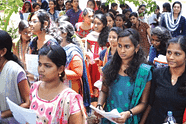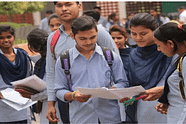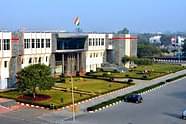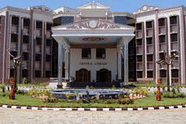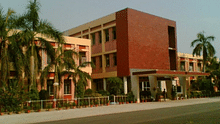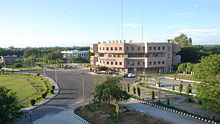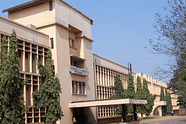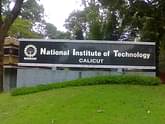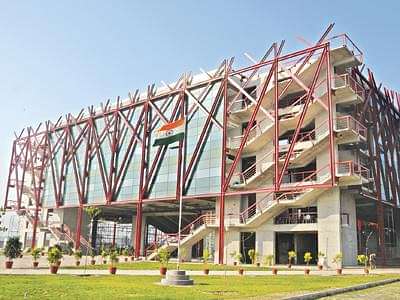
Jindal Global Law School (JGLS) and Jindal School of Government and Public Policy (JSGP) at the O.P. Jindal Global University jointly hosted the International Conference on “Law and Liberty” recently.
The convention was organized in collaboration with The Federalist Society for Law and Public Policy Studies, a group of conservatives and libertarians. The forum on ‘Law and liberty’, had addressed a host of legal issues around Liberty vs Equality, License-Permit Raj to Competition Era, Separation of Powers–Judicial Activism, Usurping Executive Powers, Individual Rights vs Minority Rights and Right to Property.
Sixteen eminent speakers, both from India and abroad presented at the two day conference.
“It is not very often, that one gets to see the word, ‘liberty’ appear beside, ‘law’,” said, Dr. Parth J. Shah, President, Centre for Civil Society, Delhi.
Delivering the inaugural address at the conference Professor (Dr.) C. Raj Kumar, Vice Chancellor, O.P. Jindal Global University (JGU), spoke of the ideological challenges pertaining to law and liberty in the country.
“In India particularly, we are living in the 19th, 20th and the 21st century together, and in a situation where you are living three centuries together, you simultaneously experience a form of political and constitutional discourse for which ideology alone does not suffice, and hence arises a need to develop a more nuanced understanding of issues” he said.
Prof. Michael Davis, Distinguished Visiting Professor, JGLS & Professor, Faculty of Law, The University of Hong Kong, said, “Constitutionalism is not just about development of institutions, constitutions are not just words on paper endowed with original intent, rather they are avenues for interaction and mutual consent of the core institutions of government”.
Prof. James Huffman, Erskine Wood Sr. Professor of Law, Lewis and Clarke Law School, said, “The main purpose or objective of the state to use eminent domain is to ensure equal generation of wealth in the society by equal distribution of natural resources to the people. But once the main objective becomes far-fetched or impossible to accomplish, there is no point of exercising such an arbitrary right.”
Shruti Rajgopalan, Asst. Prof, Economics, Purchase College, State University of New York, spoke about the concept of Socialism vs. Constitutionalism in India, and Separation of Powers, where she underlined the four key aspects of judicial overreach namely, legislative, constitutional, executive and self -adjudicating.
Dr. Vijay Kumar Singh, Associate Professor and Head at the School of Corporate Law, Indian Institute of Corporate Affairs (IICA); Former Deputy Director (Law), Competition Commission of India, Professor Khagesh Gautam, Assistant Professor and Assistant Director, Centre on Public Law and Jurisprudence, JGLS and Mr. Gautam Bhatia, Rhodes Scholar, Author and Advocate etc. were some of the distinguished speakers on the occasion.


 Follow us
Follow us

